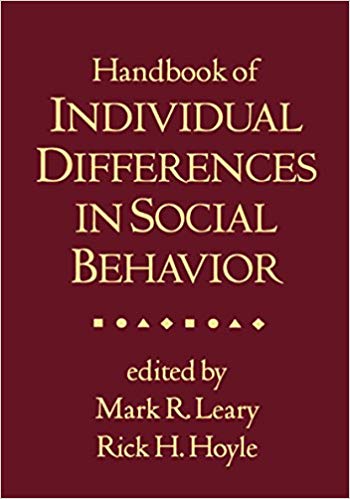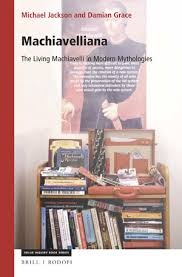‘Early in the 16th century, Niccolo Machiavelli acted as chief political advisor to the ruling Medici family in Florence, Italy. The details of his counsel are well known because Machiavelli laid them out for posterity in his 1513 book, The Prince. The gist of his advice for maintaining political control is captured in the phrase “the end justifies the means.” According to Machiavelli, a ruler with a clear agenda should be open to any and all effective tactics, including manipulative interpersonal strategies such as flattery and lying.’
That it the opening paragraph of ‘Machiavellianism’ by Daniel Jones and Delroy Paulhus, in ‘Individual Differences in Social Behaviour’ (New York: Guildord, 2009), pp 93-108.

This is a standard reference work in social psychology. It is wrong on all counts.
1. Machiavelli never advised a Medici, and he certainly never drew a salary as an advisor to a Medici. Moreover, he never tried to do advise a Medici, despite the letter commonly printed at the front of student editions of ‘The Prince.’ That letter was intended as irony not as a fact, a subtlety lost on many. In fact, when the republican government Machiavelli served was overthrown, a Medici had him dismissed from office and had him imprisoned.
2. Machiavelli did not publish a book called ‘The Prince.’ He had no interest in posterity. That title was put on a manuscript he had blogged for years and which was then published long after his death. The publisher had a commercial motivation, nothing more.
3. In the manuscript that became the book ‘The Prince’ Machiavelli described but did not recommend the practices he had seen rulers use. In fact, he advises a prince against liars and flatterers.
4. He never said ‘the end justifies the means.’ Nor is this a distillate of his teaching. Read the passages about Agathocles to see why.
All these matters and more are dealt with at length in ‘Machiavelliana’ (Leiden: Brill, 2018) for those who must know more.

These kinds of mistakes, constantly recycled, have created a mythical Machiavelli. Bad as they are, they pale next to remark quoted in the ‘Sydney Morning Herald’ recently of a judge’s remark in sentencing a child abuser by saying his misdeeds were of ‘Machiavellian proportions.’ While the phrase is meaningless, it once again drags Machiavelli’s name through the dirt of others. Ah so much for a law school education.
Skip to content
